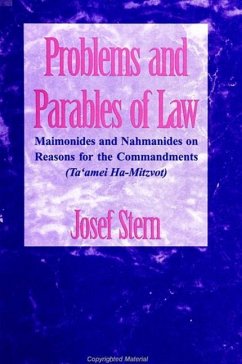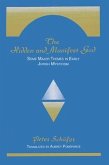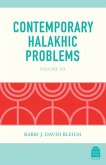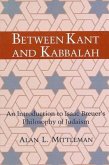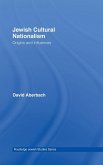In this first book-length treatment of a subject that has been relatively overlooked by scholars since Isaac Heinemann's classic work in the 1950s, Josef Stern offers an original analysis of two major themes in Maimonides' explanation of the Law and its impact on Nahmanides. The first theme is Maimonides' reconceptualization of the huqqim, those commandments that were traditionally asserted either to have no reason or a reason that is unknown or unknowable. The second theme is Maimonides' application of his method of multi-leveled interpretation that treats texts as parables with "external" and "internal" meaning to the explanation of commandments with multiple reasons. Both of these innovative modes of explanation are adopted by Nahmanides, who refined and adapted Maimonides' structures of interpretation to express diametrically opposed contents. From this perspective there emerges a picture of the relation between these two seminal figures of medieval Judaism that is much more subtle than the received opinion that bluntly opposes them, the radical arch rationalist against the mystical traditionalist.
Hinweis: Dieser Artikel kann nur an eine deutsche Lieferadresse ausgeliefert werden.
Hinweis: Dieser Artikel kann nur an eine deutsche Lieferadresse ausgeliefert werden.

